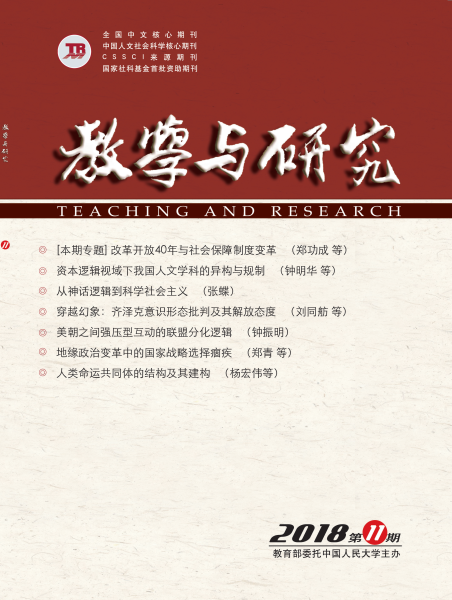There are two kinds of narrative logic in Marx and Engels work. One is mythical logic, and the other is scientific logic. In terms of the theory of the ultimate formation of human society, Marx and Engels constructed the realm of freedom and the advanced stage of communism in logic and scientific logic, respectively. As the ultimate formation of individual and society in Marxist theory, the theory on free individuals and the realm of freedom contains the elements of mythological narratology. Instead, the advanced stage of communism based on historical materialism and the discovery of surplus value, is a scientifically logical conclusion. However, as Marx and Engels became increasingly involved in economic problems and in the study of socialized production, scientific logic, eventually, became the dominant narrative logic of Marxism. Marxism has become scientific Marxism.



